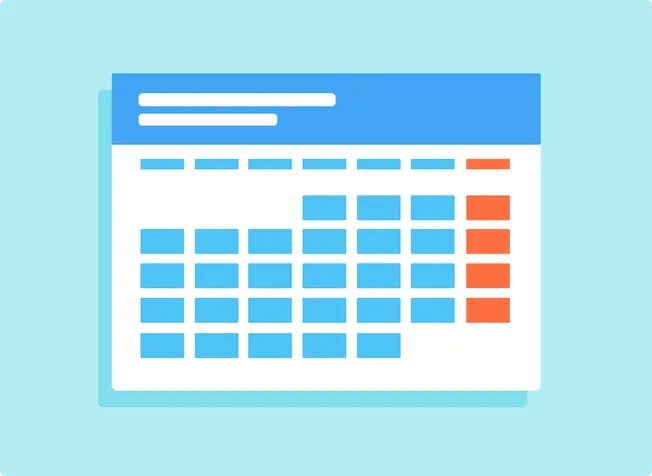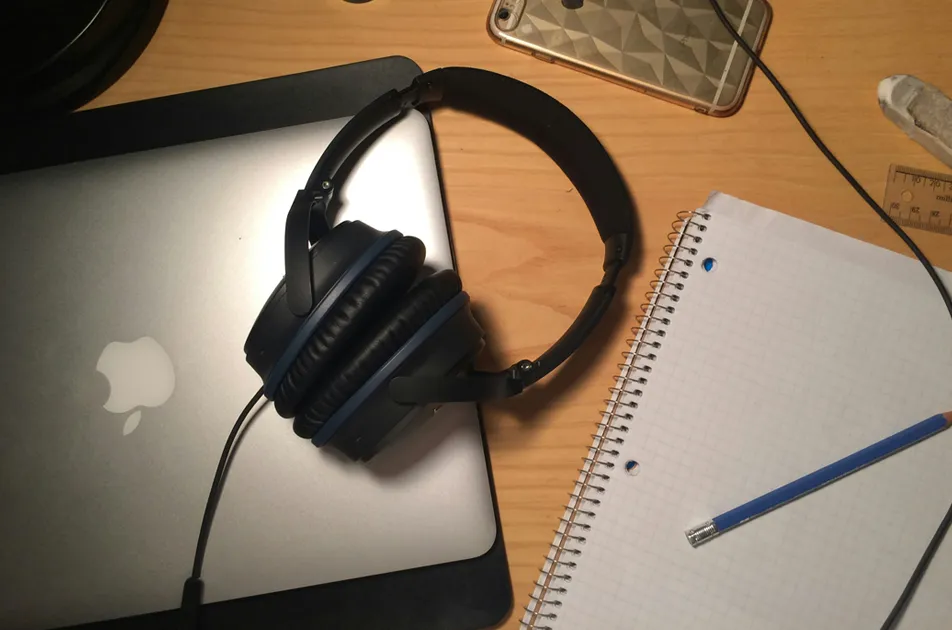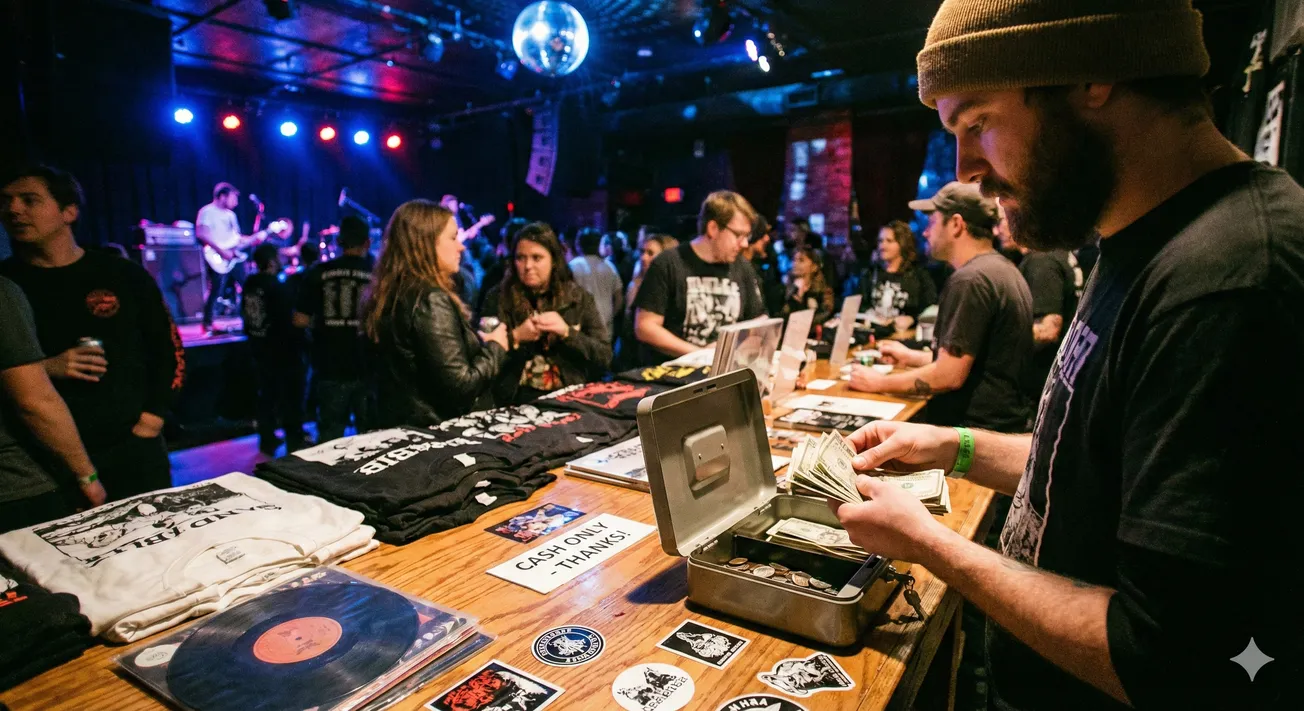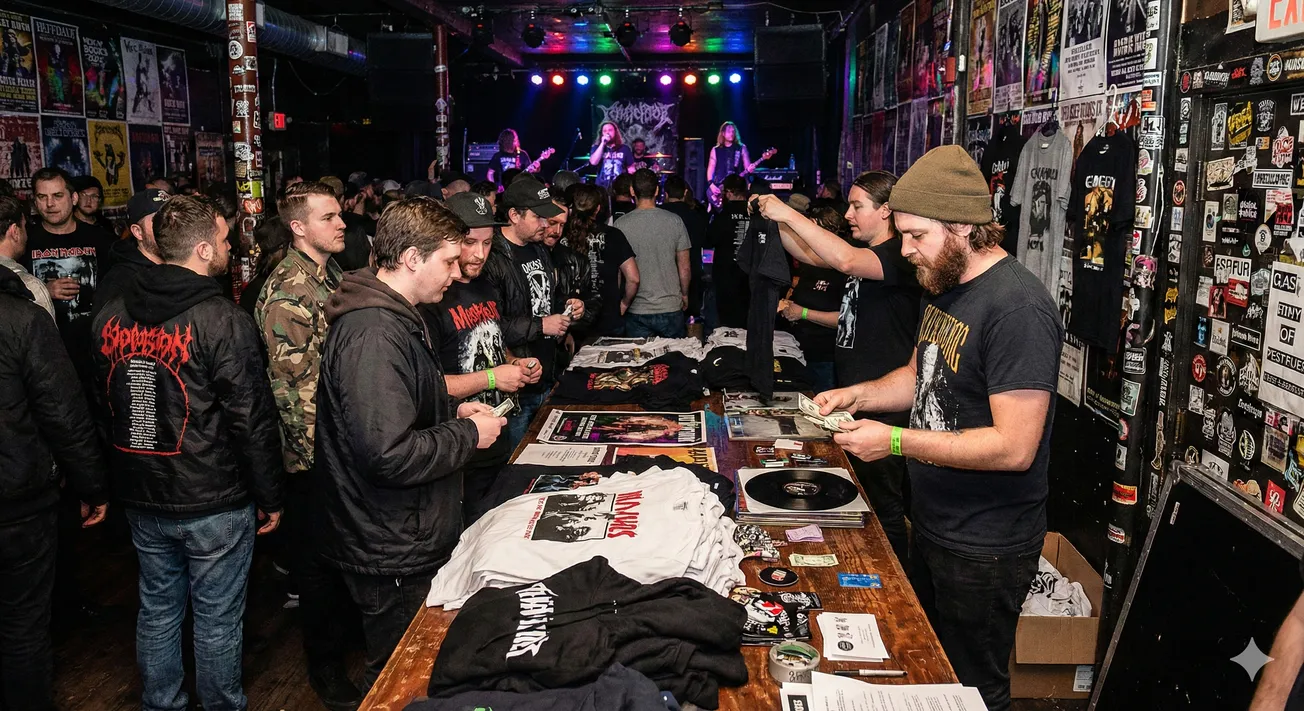No matter whether you’ve never left your local scene or you’ve toured across the coast, everyone is bound to learn some booking tips from the beginner guide…
by Randi Zimmerman of Symphonic Blog
Going on tour is one of the most exciting parts of being a musician! Meeting the fans, performing your heart out, seeing new places, all your hard work comes down to this experience. If this is your first time touring or you just need a little refresher, here are some of the major steps it takes to make your successful tour run a reality…

Figure Out Where
Having a great tour requires a lot more than Redbull and good vibes. How you choose where to tour is monumental in ensuring your overall success. The best way to do this is through analytics. There are tons of platforms that can give you a plethora of data like streaming performance, social media insights, audience demographics and so much more.
For example, Chartmetric is an OG which gives you a bit of everything from every platform. With it, you get analytics and data from Spotify, Apple, Shazam, YouTube, Amazon, Deezer, Radio, SoundCloud, TikTok, Wikipedia, Instagram, Facebook, Twitter, Beatport, and more all in one place.
As a Symphonic client, you get access to some very helpful analytics tools right in our SymphonicMS that track key information from Spotify, Apple Music, Amazon Music, Deezer, and Pandora. Under the Analytics menu, you can access pages that provide data like up-to-date streaming data from Spotify and Apple Music, with detailed breakdowns and more to help you see which tracks your audience is listening to the most and where those plays are coming from. If you want to optimize the chance of having sold out shows at every venue, gathering this background info will tell you exactly what your audience wants to see more of, so you can perfectly deliver every time.
Choose Your Dates
Aside from making sure the dates work for all your bandmates, you should also consider your fans availability. For example, you wouldn’t book a show in a college town during a holiday if your fans are around that age demographic. In addition, consider how long you’d like to tour. 4-6 months is pretty standard, but with that being said, some venues require bookings months in advance. All of this has to be considered as you choose your dates.
(Hint: An easy way to keep everyone on your team on the same page is with a shared google calendar.)
Reach Out To Venues
Once you’ve figured out where you want to go and for how long, it’s time to find venues along that route to reach out to. Getting booked by these venues is typically on a first come first service basis, i.e. the first band to reach out and commit to a date usually gets it. No matter where you choose, you can usually find contact information on their website or socials. Now, one thing to make sure NOT to do here is send the same generic message to every single venue you have on your list. These almost always come across as spam, which ruins your chances. Take the time to send a meaningful message to each venue.
Once you’ve secured your spots, make sure to follow up down the line. Ask them what items you may need to bring the day of the show, what prep you may need to do beforehand, etc., so when the day comes, everything goes as smoothly as possible.
Map Out Your Route
The next step is to map out the route to take around the country. Whether you use Google Maps, Waze or whatever you prefer, look at each venue and how far they are from each other. Plan the most efficient stops in-between and go from there. You can even check out Bandsintown for artists who have done shows there before you and see what route they took.
Set Your Budget
A lot of money goes into touring, and it’s important to make every penny count at all legs of the tour.
Think about the cost of your crew, places to stay, food, tour promo, marketing, equipment, and everything else you know you’re going to need to spend money on. Once you’ve deciphered these, make an actionable plan that you can adhere to as you go along. Sticking to your budget will ensure you’re making real profit off of your efforts and not spending more than necessary to consider the tour a success.
- Road Trip is a great app that lets you track your fuel economy and costs, document maintenance records, organize and compare vacations and trip costs, plan efficient routes, track mileage statistics, and more. — The last thing you want is to be stranded on the road with a dead battery or flat tire. With Road Trip, you can easily split the cost of gas, stay up-to-date on maintenance, and ensure you and your bandmates don’t end up hitchhiking to your next gig.
Sign Performance Contracts
Navigating the legal aspects of the music industry isn’t always easy to do on your own, but avoiding this step can lose you a ton of money and future opportunities. When you book shows and play gigs live, contracts like Live Promoter/Artist Contracts, Merchandising Rights Contracts, Promoter/Venue Contracts and DJ/Promoter Contracts are all important parts of it.
Now this is a hefty and very important step, so I won’t dive into each of these in this post. However, we did do a whole deep dive into each of these, what they mean and how to understand them in this post. If these are all new to you, absolutely check that out before you sign anything in real life.
These contracts are specific to booking and live music, but there are tons of other contracts that you’ll come across throughout your journey as a performer. We understand that legal representation isn’t the easiest or least expensive endeavor. Sadly, because individuals may not have the funds, having proper agreements doesn’t always happen.
Because we’ve received a ton of requests for legal agreements and assistance in this area, we’re stoked to be able to provide a service in partnership with Music Law Contracts (UK) to offer a wide variety of legal contracts for sale at a cost effective price. We’ve got contracts for various different types of situations and business dealings with each editable via PDF and/or Word. These include the all the contracts we discussed in that post and many others. — To learn more, be sure to check out all our available contracts right here.
Promo Time
Once everything we’ve mentioned above is ready to go, it’s time to promote your tour everywhere you can, as much as possible. Whether you post it on your socials, share behind the scenes clips, pay for advertising and the like, this is the time to really hype yourself up. Especially if this is your first tour, your fans are just as excited as you are to get in on the action.
Try posting flyers in your home town, tell your fans online to repost your content, or even consider running a contest online for them to win free tickets. You can’t really go too hard with this step. Aside from the actual performance, this is the fun part!
Some Final Thoughts
Touring is about evolving. Every show offers new opportunities and connections that’ll help you improve as you move forward. Proper planning will save you countless headaches and tiffs along the way. The last thing you want is to deal with moving parts while you should be focusing on putting on the best shows you can. In the meantime, we hope these tips help the process!
//
Before you go…
There’s lot more that goes into touring behind the scenes. From scheduling and pre-tour prep to maintaining systems while the tour is underway, these posts break down even more juicy details you need to know. Check these out:
- 5 Tips for Going on Your First Tour as a Musician
- What To Include In A Tour Sponsorship Deck
- 6 Best Apps For Touring Musicians
Good luck!





